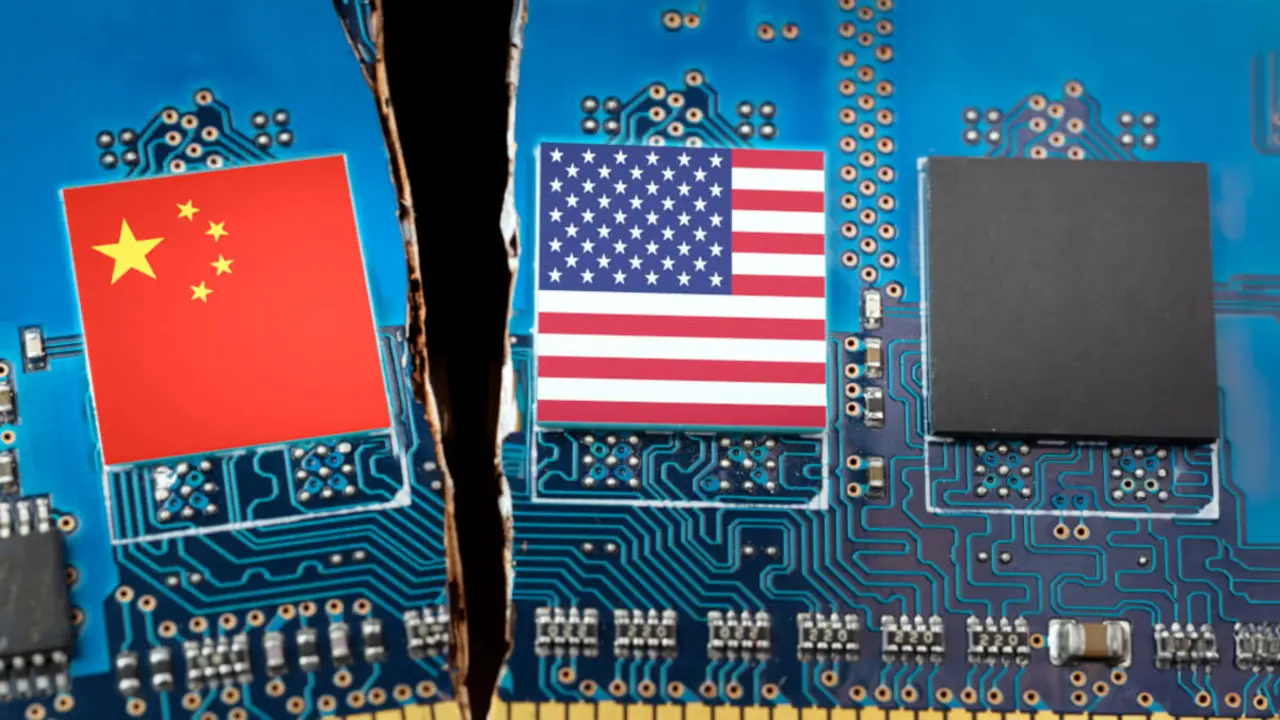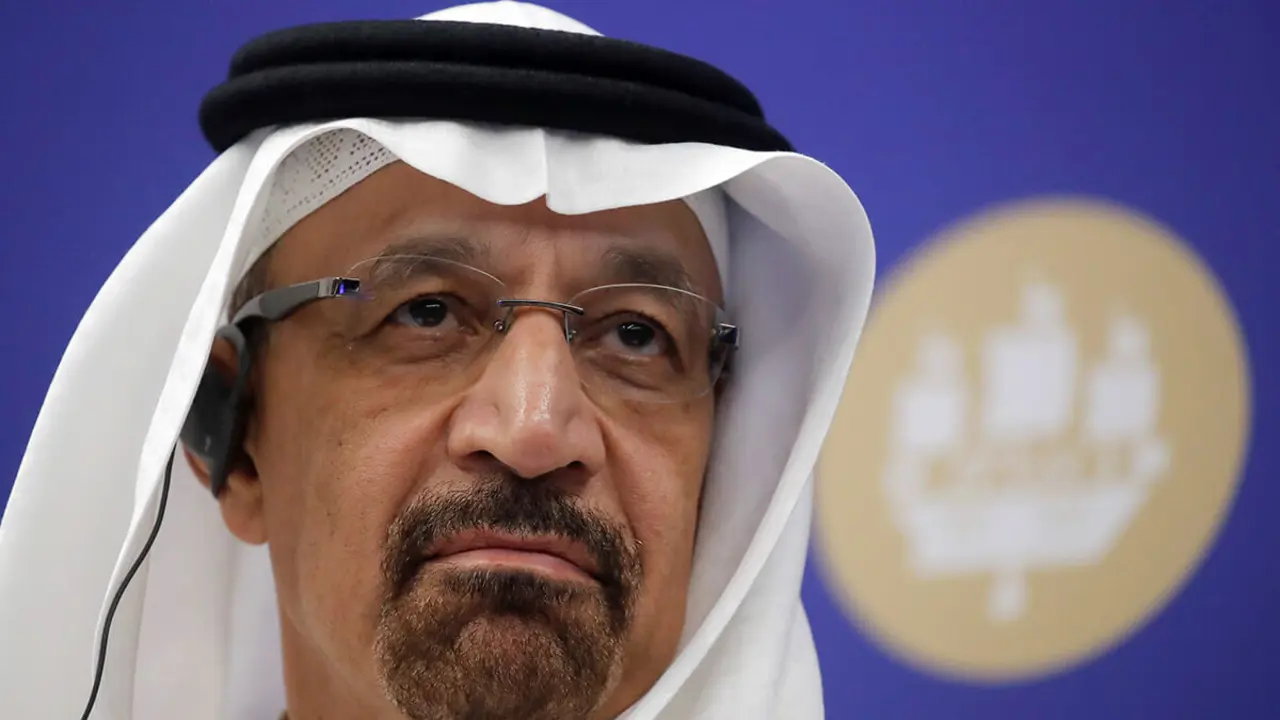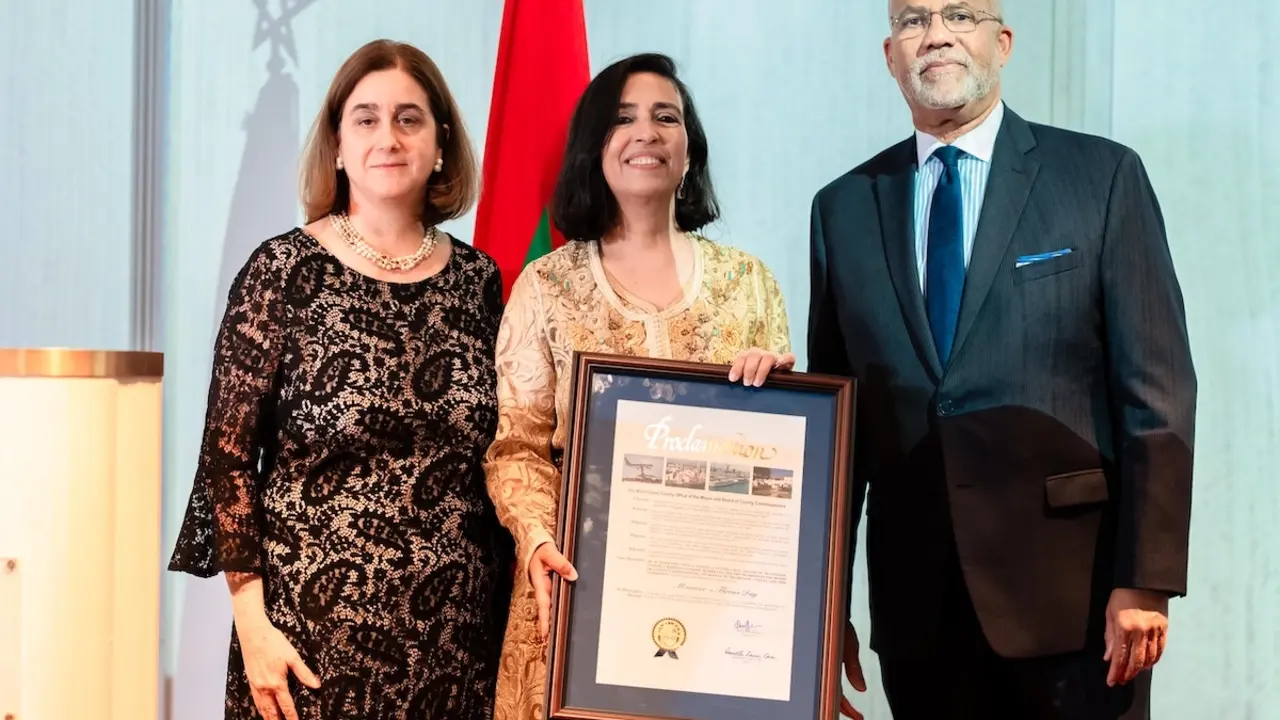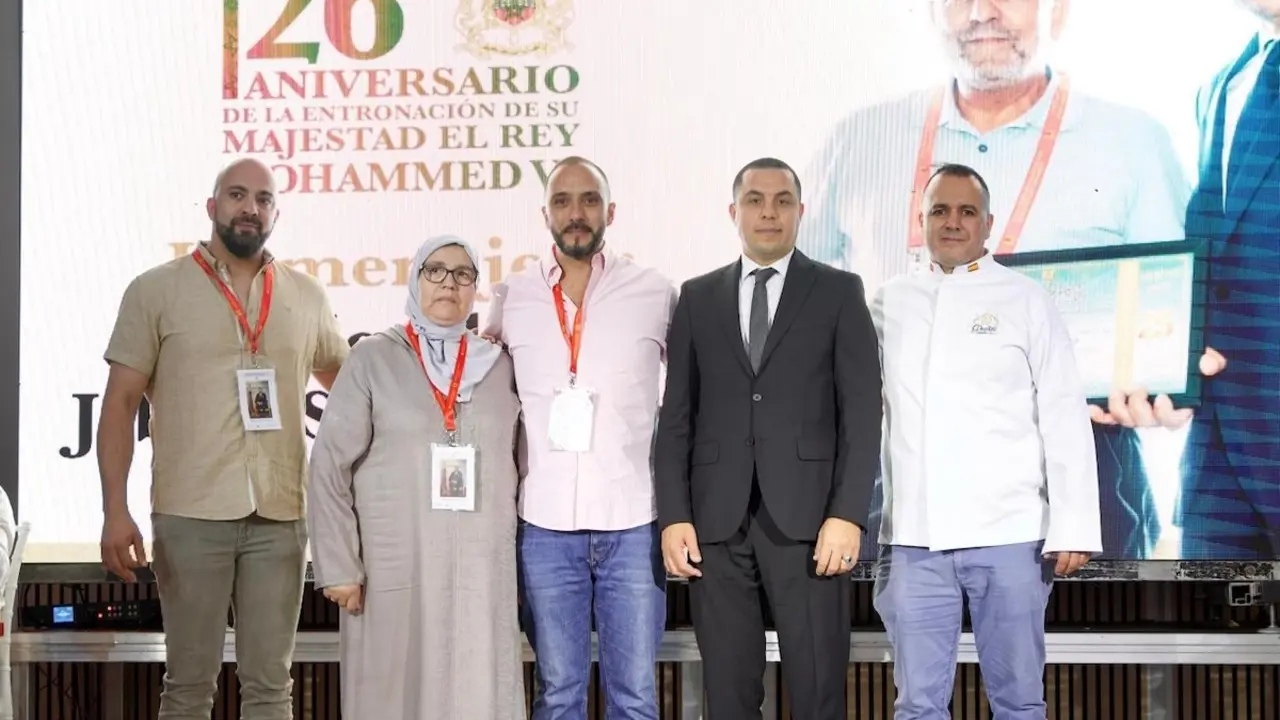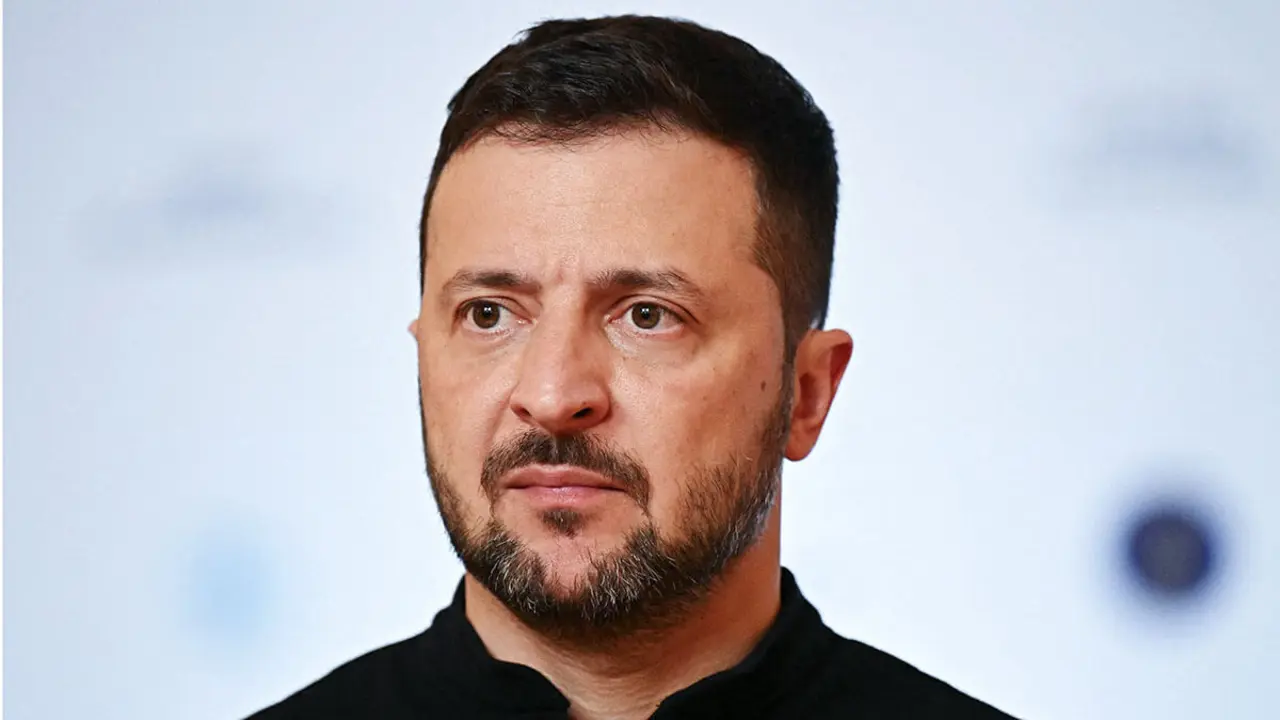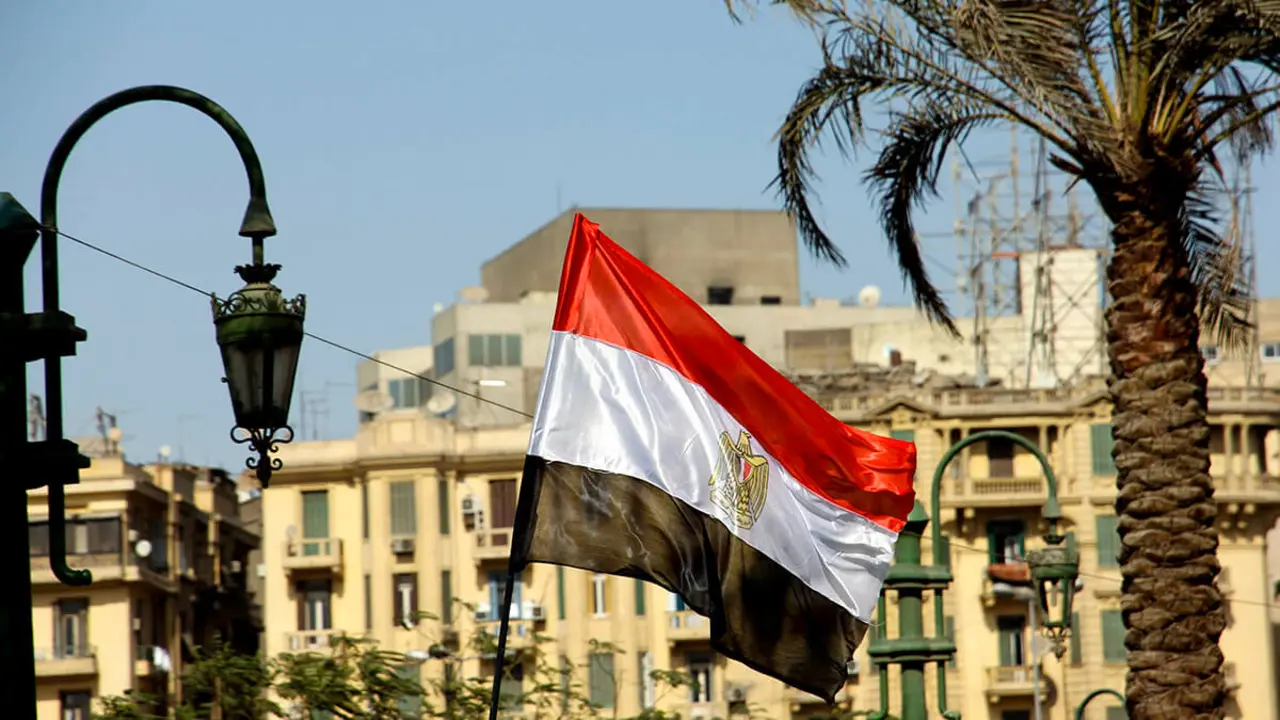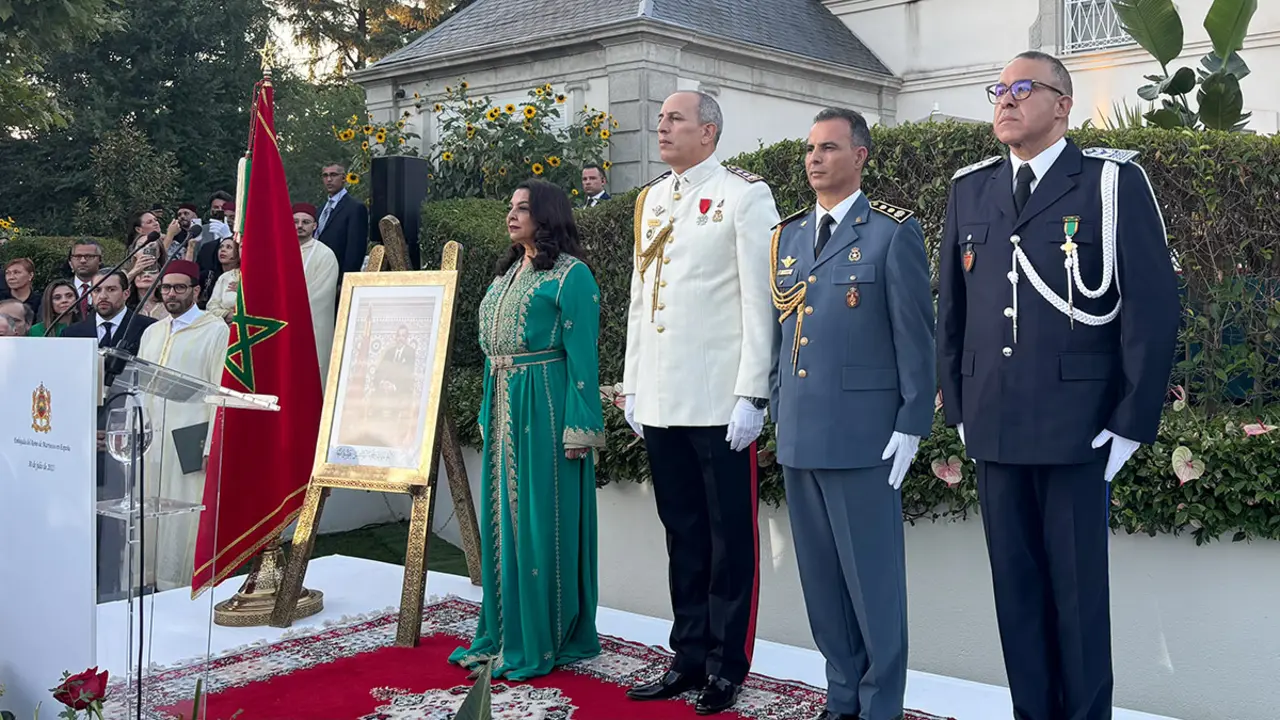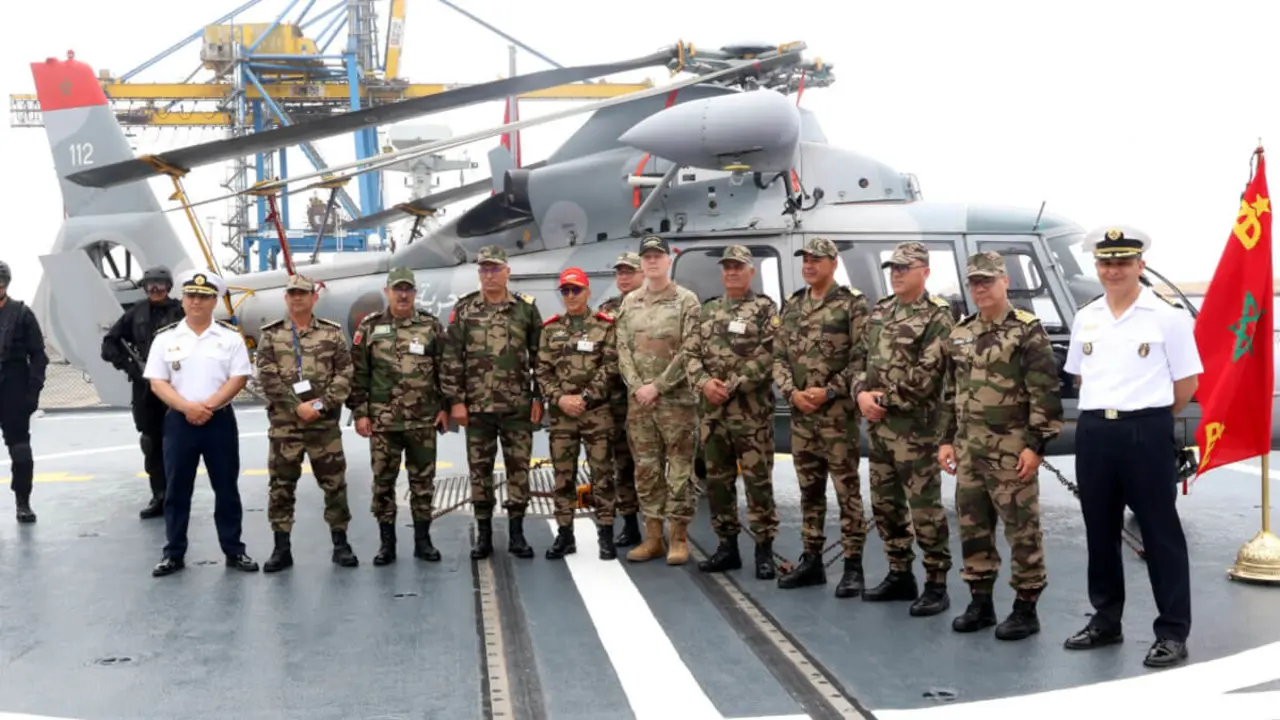Lieutenant General Juan Antonio del Castillo Masete: "In the long term, the competitor may not be the United States, but India"
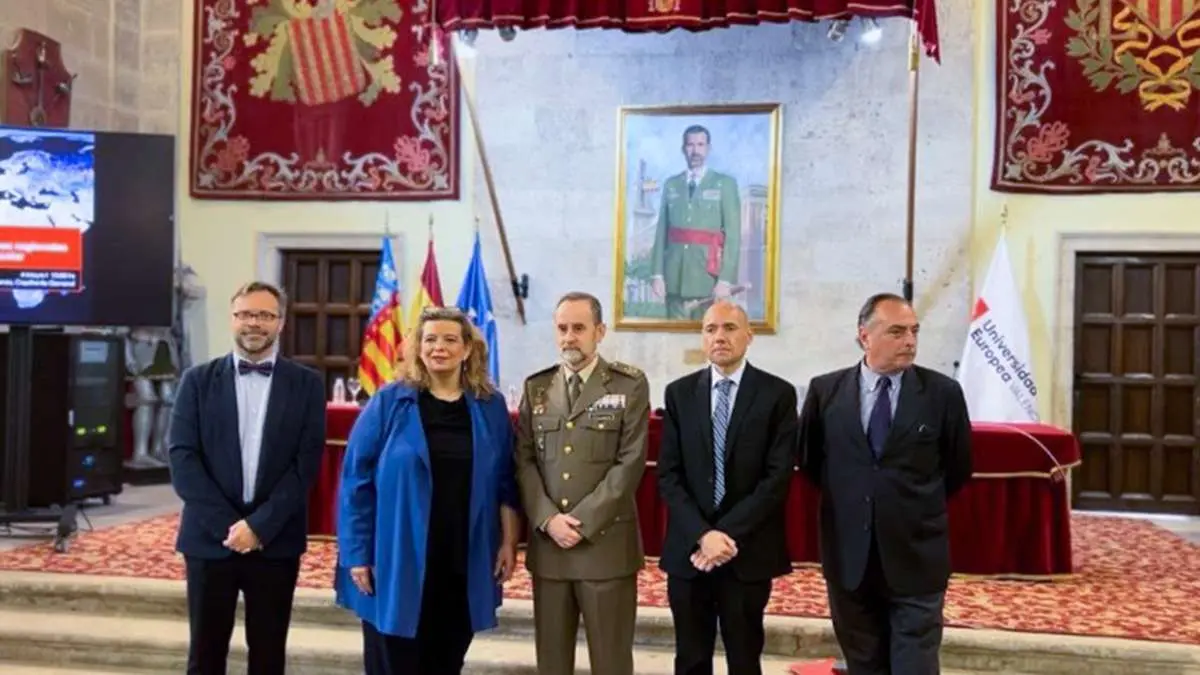
The importance of political-military cooperation and alliances in maintaining global stability has been highlighted by the conflict in Ukraine. Current international dynamics reinforce the power of nations and can generate crises at the regional or global level.
With the aim of disseminating knowledge and contributing to the strengthening of security and the promotion of peace and negotiation, the European University of Valencia and the Faculty of Social Sciences and Communication of the European University of Madrid have created the Chair of Euro-Atlantic Security Culture, in collaboration with the Spanish Atlantic Association and the Spanish Institute of Strategic Studies. This chair aims to collect, produce and disseminate knowledge on issues related to security, defence and cooperation, and to share reflections, frames of reference and proposals for debate in the secondary and university education sectors, civil society and business. As the Rector of the European University of Valencia, Rosa Sanchidrián, says: "It is part of the experiential learning that is part of our academic model.
José María Peredo, Professor of International Communication and Politics at the European University of Madrid, and Frederic Mertens, Professor of International Relations at the European University of Valencia, have led the development of this chair not only for students, but also for the global world in which we live.
The first seminar, held at the APM headquarters in Madrid, was on Euro-Atlantic Perspectives, and featured prominent speakers from various institutions, including Rafael Calduch Cervera, Professor of International Relations, Alejandro Alvargonzález, Spanish Ambassador to Peru, Enrique Viguera, Spanish Ambassador to Greece, and Natividad Fernández Sola, Professor of International Relations at the University of Zaragoza, among many others. The seminar focused on the evolution of the conflict in Ukraine and was divided into two round tables moderated by José María Peredo and Frederic Mertens.

The second seminar of this grand coalition, entitled "Regional alliances and coalitions in a multipolar geopolitical environment", took place in the building of the former Captaincy General of Valencia in three different roundtables. The first discussed the future of alliance systems in the face of the triangle of the United States, China and Russia. Lieutenant General Juan Antonio del Castillo Masete presented China as the world's leading power and warned that: "In the long term, the competitor may not be the United States, but India". For his part, Colonel Pedro Sánchez stressed the importance of studying history in order to be able to analyse current conflicts and, like Lieutenant General Fernando García-Vaquero, insisted on the importance of security not only as a defence concept. "You cannot improvise, if you want to be secure you have to invest," he said.
The second panel discussion, on partnership and alliance strategies for other middle powers, featured Colonel Moisés Izquierdo, head of the 1st Intelligence Regiment, who gave an overview of NATO's history and the importance of critical thinking. "Everything is grey. There are different shades of grey, but everything is this colour. Here, everyone must have their own analysis, their own critical capacity and from there create their own opinion," said Colonel Moisés Izquierdo. Finally, the third round table dealt with a better coalited international order. Dr. Mariano J. Aznar Gómez, Professor of International Public Law, took part in this round table, stating that "we are living in a moment of profound change".
With these two major seminars, the European University reaffirms its collaboration with the Spanish Atlantic Association in order to achieve a critical spirit in this new world order which, as Colonel Pedro Sánchez explained in the second seminar, "is breaking down". It is therefore important to raise awareness among future generations, on whom this new order will depend, so that they know how to adapt to the new international panorama.

